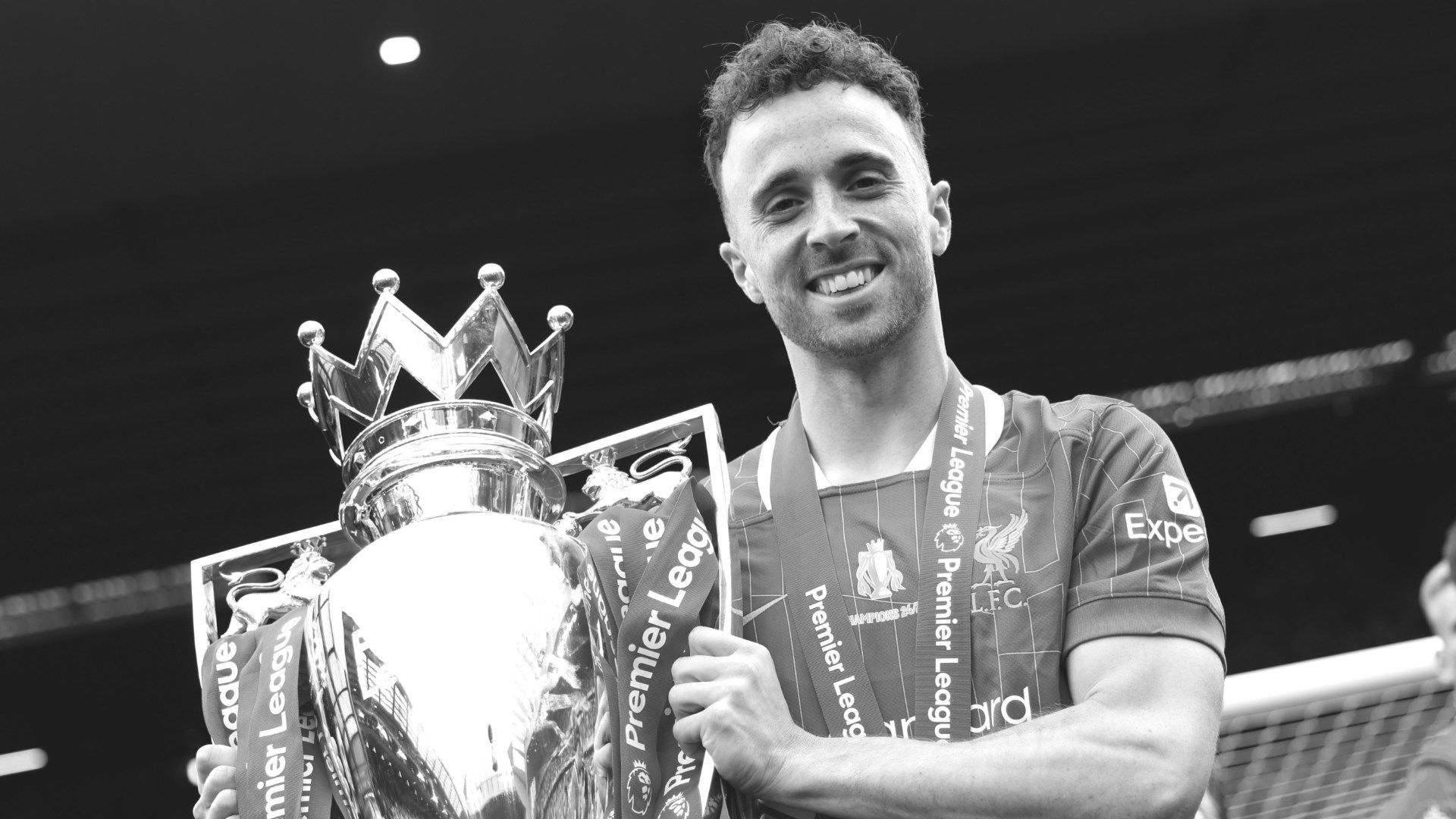Diogo Jota death shocks Liverpool community
Diogo Jota death has left football fans, team-mates and an entire city reeling after Thursday’s tragic car accident in Spain that also claimed the life of his brother, Andre Silva. The Liverpool and Portugal forward was just 28, newly married and seemingly at the peak of both happiness and sporting excellence. His sudden passing reminds us how fragile even the brightest careers and the strongest bodies truly are.
Diogo Jota death: timeline of a tragic morning
The awful news broke shortly after dawn when Spanish outlet MARCA reported that Diogo Jota and Andre Silva had been involved in a fatal collision outside Valladolid. Initial disbelief quickly swept through social media; within minutes, supporters worldwide were scrambling for official confirmation. At 10:23am, Liverpool FC issued a sombre statement confirming the worst. A family lost a son and husband, three young children lost their father, and Anfield lost one of its most beloved modern heroes.
From Paços de Ferreira to Premier League stardom
Born in Massarelos, Porto, Jota rose through Paços de Ferreira’s academy before impressing at Atlético Madrid, Wolverhampton Wanderers and finally Liverpool. Under Jürgen Klopp he blossomed into one of Europe’s deadliest finishers, scoring 93 goals across club and country. His relentless pressing, two-footed instinct and infectious grin embodied everything Liverpool supporters cherish in a player.
A beacon for Portugal’s golden generation
For Portugal, Diogo Jota death hits just as painfully. He represented the Seleção 35 times, famously partnering Cristiano Ronaldo in attack during Euro 2020. National team coach Roberto Martínez hailed him as “the heartbeat of our future front line,” praising both professionalism and humility. Those qualities will now be memories rather than building blocks.
How Liverpool will honour the Diogo Jota death legacy
Anfield’s Spion Kop will lead tributes during the next home fixture, with plans already under way for a commemorative mosaic, minute’s silence and black armbands throughout the Premier League weekend. Klopp is understood to have given his squad time away from training to grieve, while the club is establishing a foundation in Jota’s name to support road-safety initiatives across Europe—an enduring legacy born from tragedy.
Impact on the dressing room
Team-mates have flooded social media with heartfelt messages. Virgil van Dijk recalled the first time Jota out-jumped him in training “despite the height difference,” while Mohamed Salah posted a simple broken-heart emoji alongside a picture of their Carabao Cup celebrations. Behind the scenes, club psychologists are on hand as players grapple with shock, guilt and the enormous emotional vacuum left by his absence.
The tactical void
On the pitch, Klopp faces replacing a forward who could slot across the front line and who averaged a goal involvement every 114 minutes last season. While football pales against personal loss, sporting implications are inevitable: Darwin Núñez may now see extended minutes, and rising academy star Ben Doak could earn accelerated exposure. Yet every tactical tweak will be accompanied by the prevailing thought that there is no real substitute for Jota’s intelligence and heart.
Fans unite in collective mourning
Outside Anfield, scarves and bouquets already carpet the Shankly Gates. Supporters from rival clubs have contributed shirts and messages of solidarity, a rare but powerful illustration of football’s unifying spirit. Even Everton’s Gwladys Street End has organized a pre-match banner reading “Merseyside Remembers Diogo.” The ripple effect demonstrates how Diogo Jota death transcends club lines and resonates within the wider football family.
Global reactions and tributes
FIFA president Gianni Infantino expressed condolences, noting that Jota’s decisive brace against Leicester in 2022 “symbolised modern attacking football at its best.” Meanwhile, former Wolves manager Nuno Espírito Santo described him as “the most coachable talent I’ve ever worked with.” Portuguese President Marcelo Rebelo de Sousa announced a national day of mourning, underscoring the player’s cultural impact far beyond the pitch.
Looking ahead without forgetting
In the weeks to follow, Liverpool supporters will likely channel their grief into song, with “You’ll Never Walk Alone” echoing louder than ever. Fund-raising initiatives, memorial matches and scholarship programs will ensure his name endures. The real measure of Diogo Jota death will not be the headlines it generates today but the lasting community projects and personal inspirations that arise because he once lived, loved and played with unyielding passion.
Opinion: a void no statistic can fill
The cold metrics of football—goals, assists, xG—cannot capture the warmth Diogo Jota brought to every training session or the lift he offered supporters simply by smiling after a tough tackle. The Diogo Jota death discourse may focus on transfer strategies or national-team reshuffles, yet the essence of loss lies in the empty seat at the dinner table, the silent phone that once buzzed with playful banter. Football will move on—it always does—but for those touched by his kindness, time will forever be divided into before and after 7 September 2023.
My view: In an era too often dominated by cynicism, Jota reminded us that joy still has a place in elite sport. May the game he loved honour him not merely with silences, but with the same relentless exuberance he showed every time the ball was at his feet.
Your global gateway to nonstop football coverage:
News Goal
Share this content:

